
Every person who has never dealt with a mental illness has probably made at least one ignorant suggestion in a concerned moment. It doesn’t take long for people with depression to start hearing the train of banal platitudes about how exercise, social engagements, and healthy food can help them “beat” their diagnosis.
Read on

In the wake of Donald’s Trump successful bid for the United States presidency, the President-elect has confirmed many of his opponents’ worst fears as he begins to share his top picks for his Cabinet and other important positions.
Read on
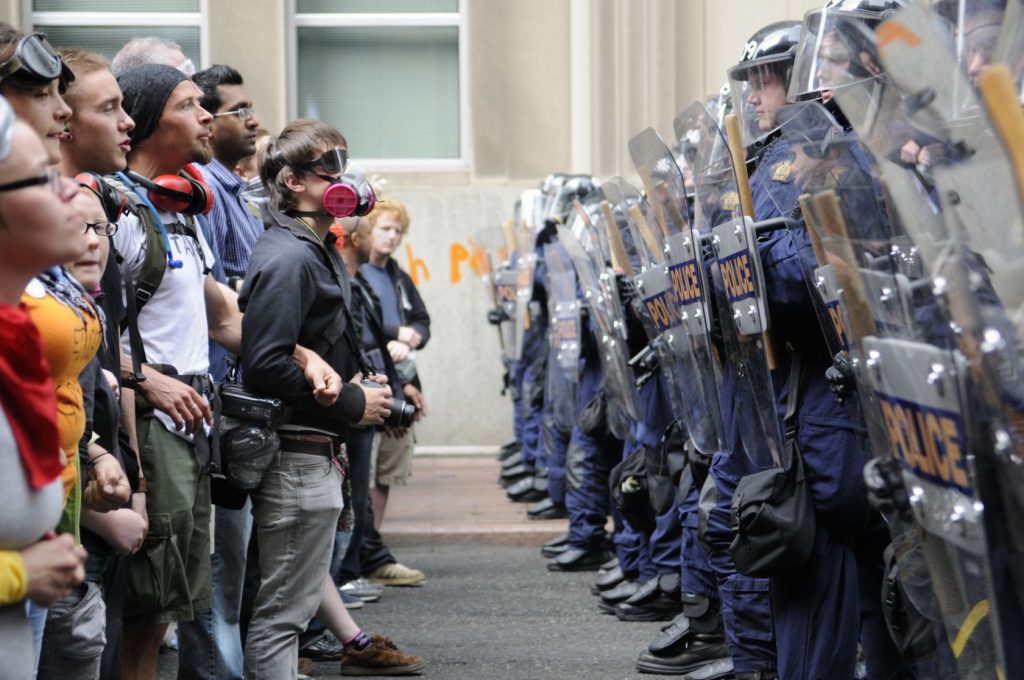
In January 2017, Republicans will control both houses of Congress and the presidency. Yes, there are circumstances under which a candidate other than Donald Trump could assume the highest office in the U.S., but a revolt of the Electoral College, while legal, would be unprecedented.
Read on
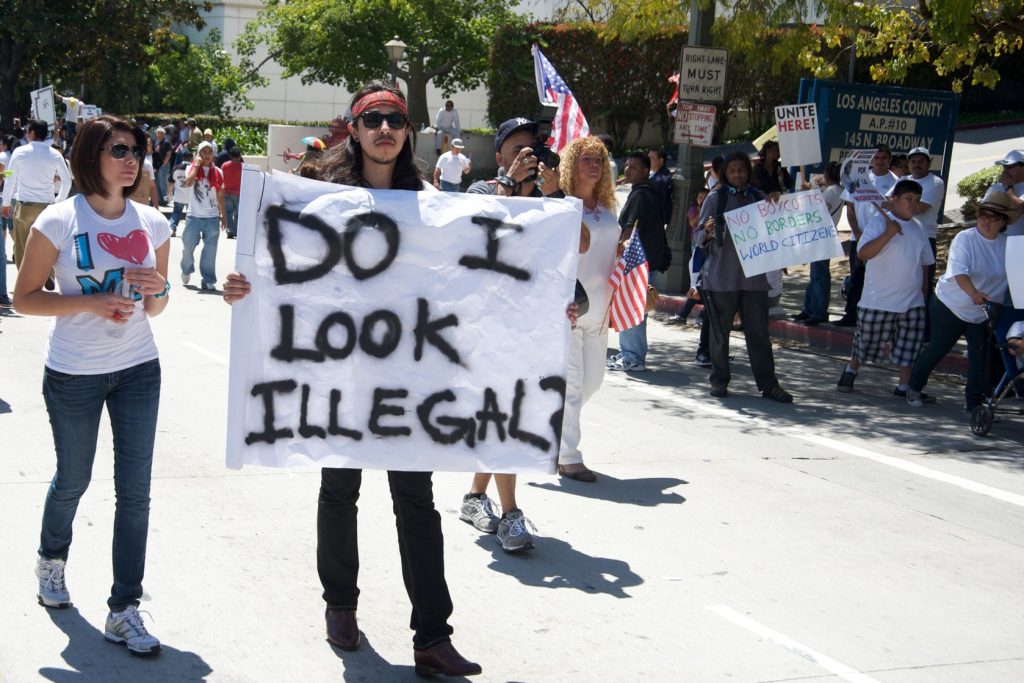
The U.S. election period has been a trying time for citizens and non-citizens, residents and non-residents alike. Televisions, newsfeeds, and timelines have been full of politically divisive rhetoric, vitriol, and fear-mongering.
Read on

A sperm bank in the UK called the London Sperm Bank has created an app that functions a lot like Tinder, except that it matches women with potential sperm donors as opposed to potential dates. It’s been aptly nicknamed “Order A Daddy.”
Read on
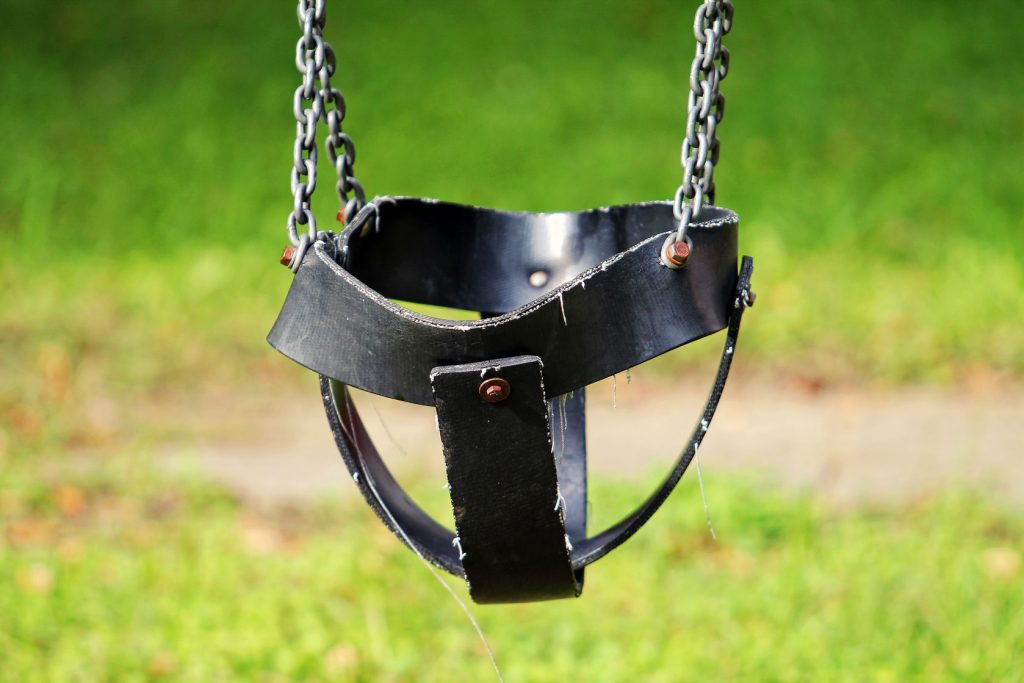
As the U.S. battens down the hatches for what looks to be a strange winter, one bioethicist wonders if declining birthrates could fix our climate problems. Johns Hopkins University professor Travis Rieder is the author of Toward a Small Family Ethic: How Overpopulation and Climate Change Are Affecting the Morality of Procreation, in which he argues that childless-by-choice women might be poised to save the world.
Read on

On the day of Halloween, a friend of mine shared a PSA, so to speak, on Facebook that was written by one of her friends.
Read on

Hollywood, book publishing, and other media outlets are designed to give audiences stories that they will want to take in, but, all too often, the system that is used to determine whether or not a narrative will connect with readers and watchers — and, therefore, whether or not a particular story will ever see widespread distribution — neglects to consider the audience as a diverse blend of people who enjoy good stories.
Read on
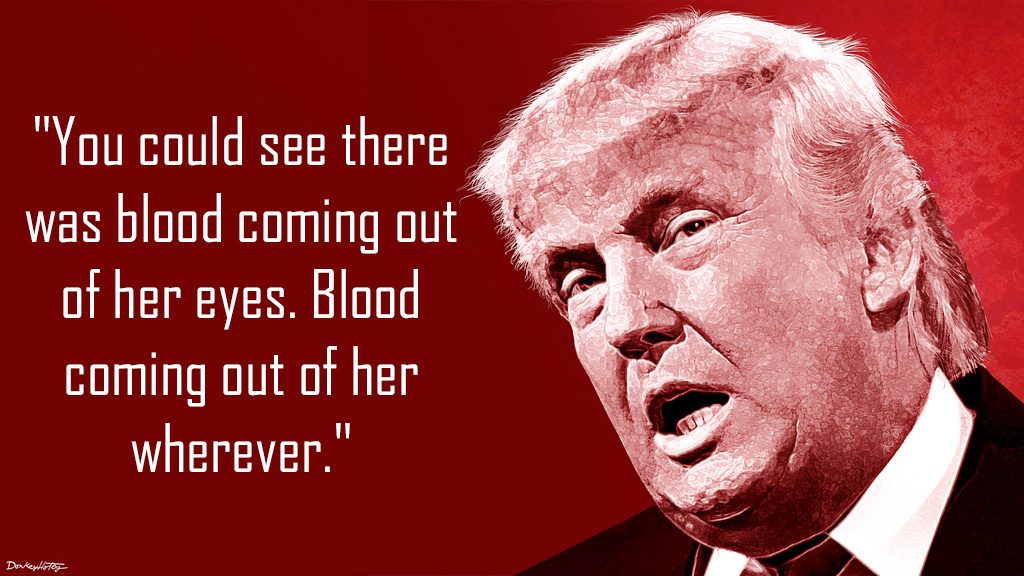
The biggest bombshell of the 2016 presidential election was not Hillary Clinton’s email troubles or Donald Trump’s loss of Twitter privileges. Instead, it was a study from University of Michigan researchers proving that misogyny is a bigger indicator of Trump support than racism.
Read on
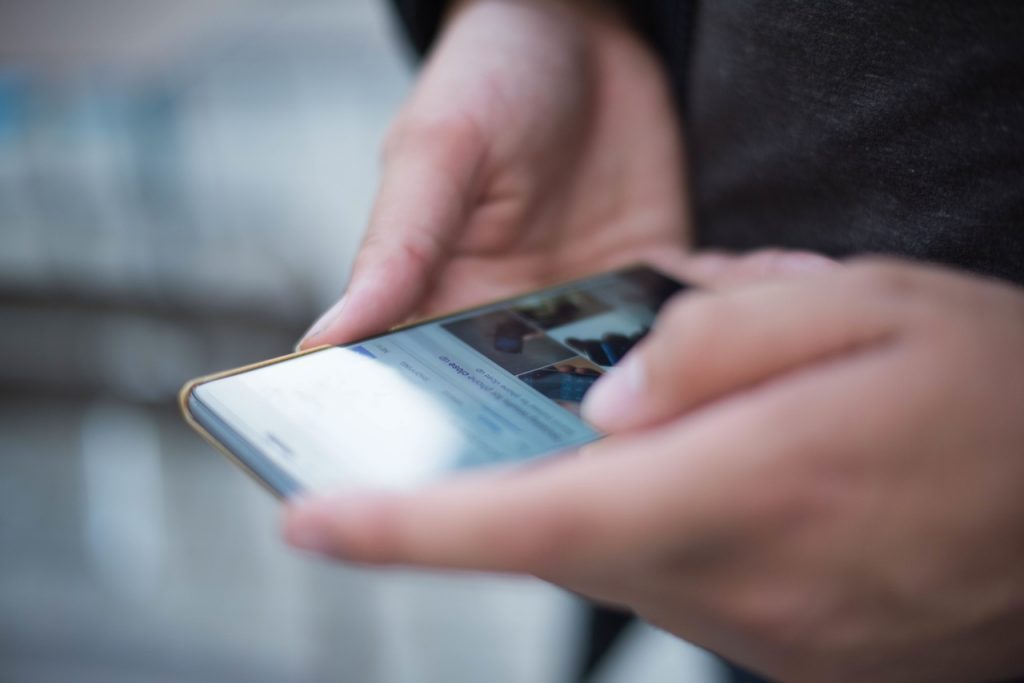
A Pew Research Center Survey conducted in early 2016 found that 62 percent of U.S. adults use social media as a news source, with most Reddit (70 percent), Facebook (66 percent), and Twitter users (59 percent) saying that they use their social media networks for news-gathering purposes.
Read on
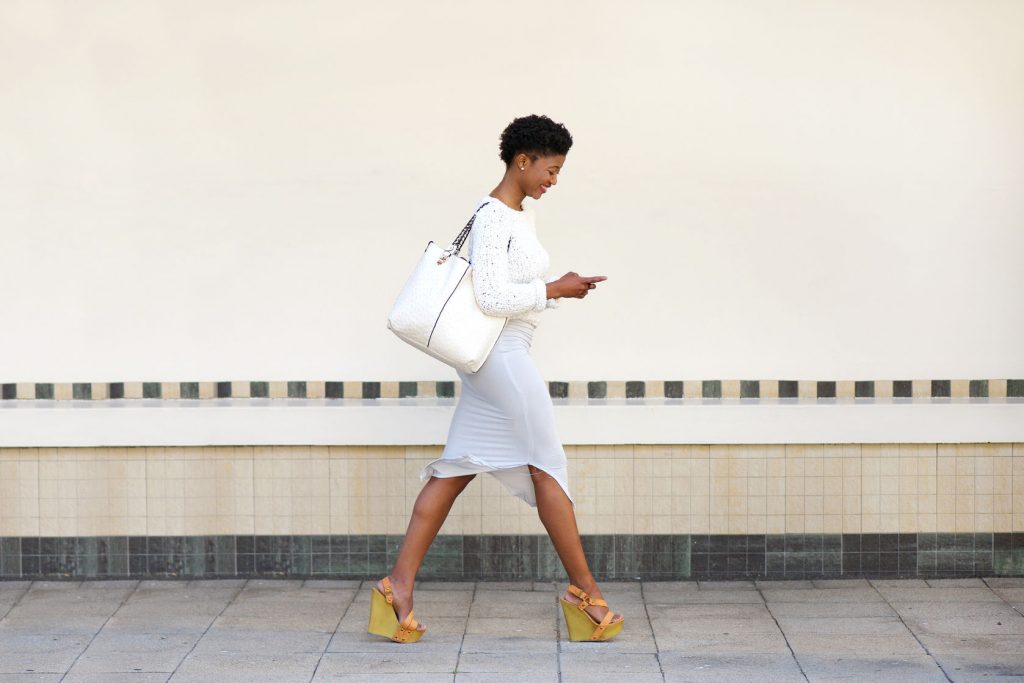
More than half of all women will get a urinary tract infection at some point in their life, and for many women, the issue will be a reoccurring one.
Read on
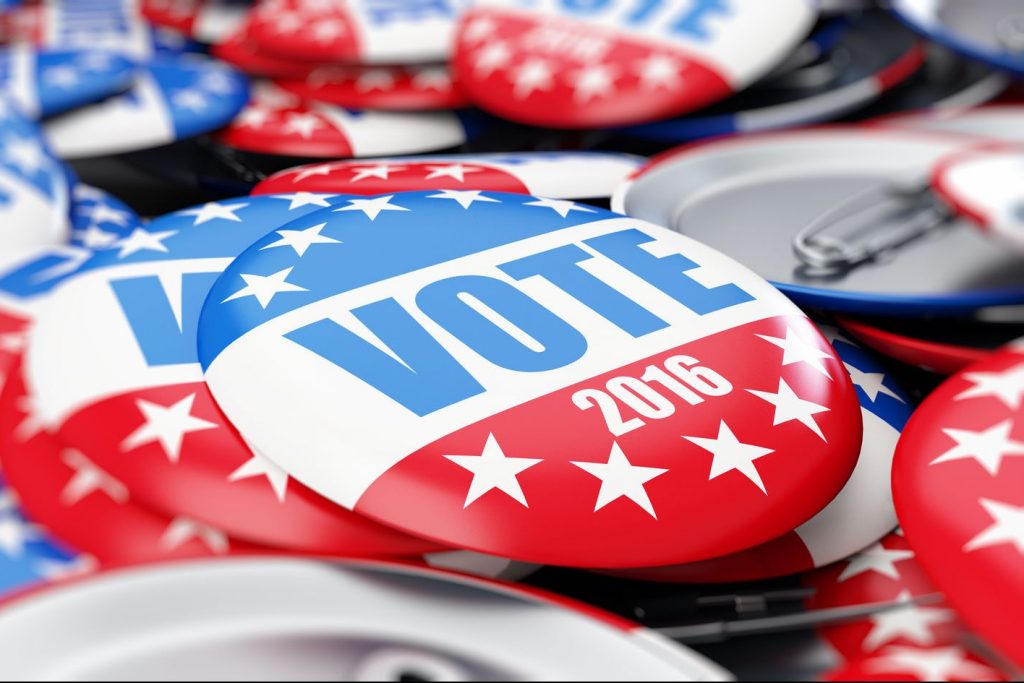
Just a few short weeks before Election Day 2016, a meme began to circulate claiming that Hillary Clinton supporters in Pennsylvania, an electoral vote-rich swing state, could vote from the comfort of their homes by tweeting the words “Hillary” and “#PresidentialElection” between 7 AM and 9 PM on November 8.
Read on



























